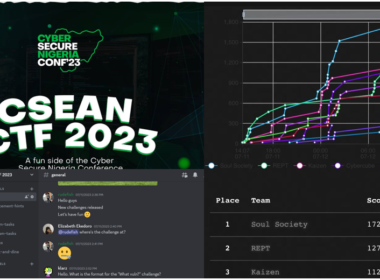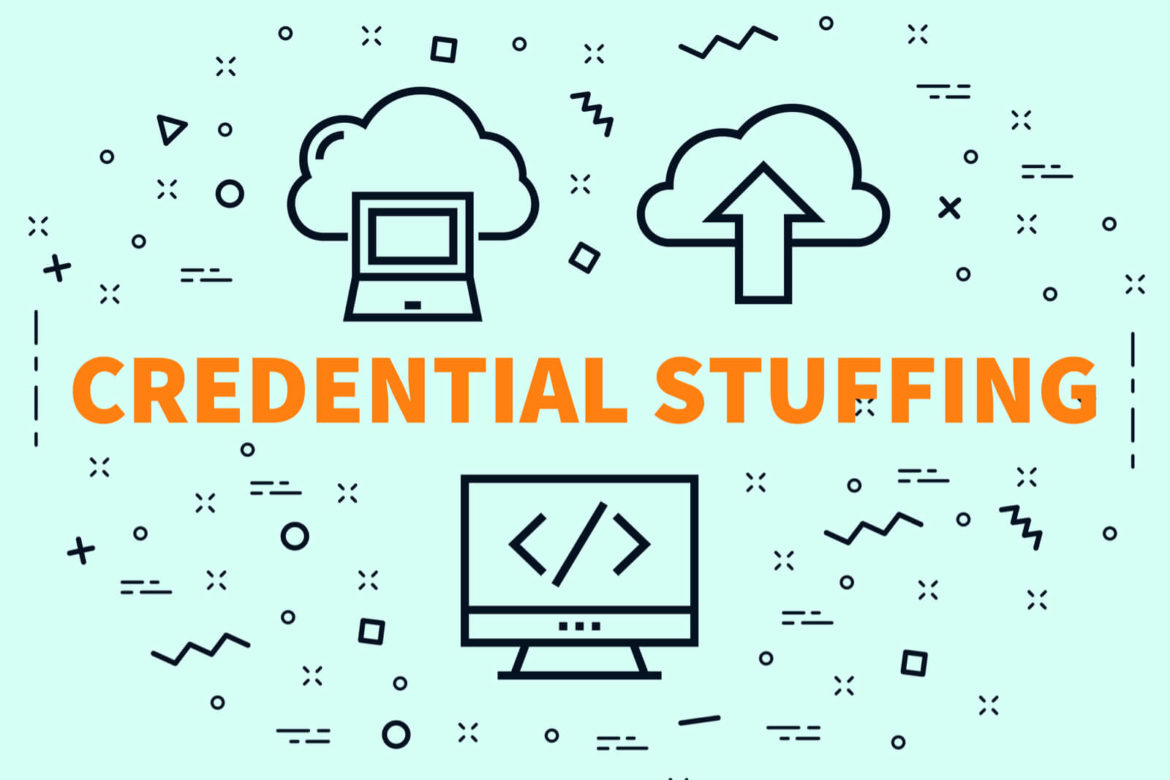Google Fined $170 million for Violating Kid’s Privacy on YouTube
The Children Online Privacy Protection Act (COPPA) rule requires child-directed websites and online services to explicitly obtain parental consent before collecting personal information from children under the age of 13 and using it for targeted advertising.
According to thehackernews, an FTC investigation against google video services for children called YouTube Kids revealed that it had illegally gathered kid’s data under years of age.
The data also includes children’s persistent identification codes used to track a user’s internet browsing habits over time without notifying their parents and getting their consent.
According to the regulators, YouTube earned millions of dollars by using that collected information to deliver targeted advertisements to viewers of these channels.
“YouTube touted its popularity with children to prospective corporate clients,” FTC Chairman Joe Simons said. “Yet when it came to complying with COPPA, the company refused to acknowledge that portions of its platform were directed to kids. There’s no excuse for YouTube’s violations of the law.”
To settle the charges, YouTube agreed to pay a penalty of $170 million, with $136 million going to the FTC and $34 million to New York State.
Besides the monetary fine, the proposed settlement also requires Google and YouTube to make changes to protect children’s privacy on YouTube by:
Developing and maintaining a system that lets channel owners identify ‘child-directed content’ on the video-sharing platform so that YouTube can ensure it is complying with COPPA.
Notifying channel owners that their child-directed content may be subject to the COPPA Rule’s obligations and provide annual training about complying with the law for employees who deal with YouTube channel owners.
In response to the fine, YouTube CEO Susan Wojcicki said that “nothing is more important than protecting kids and their privacy,” adding that “we will limit data collection and use on videos made for kids only to what is needed to support the operation of the service.”
In addition to relying on reports from video creators, Ms. Wojcicki said that YouTube planned to use artificial intelligence to try to identify content that targeted young audiences, like videos featuring children’s toys, games or characters.
Under the settlement, YouTube must adopt the changes by early next year.
Additionally, Wojcicki said YouTube would also “stop serving personalized ads on this content entirely, and some features will no longer be available on this type of content, like comments and notifications









